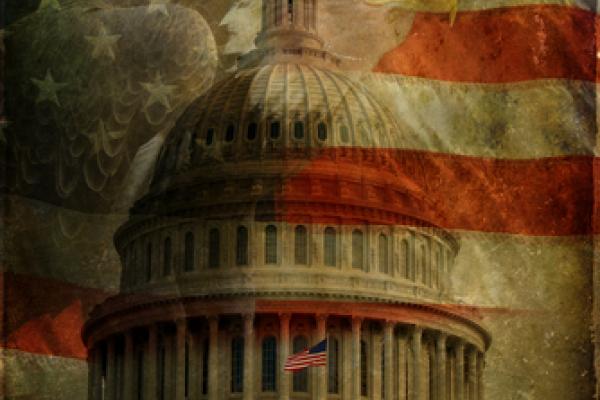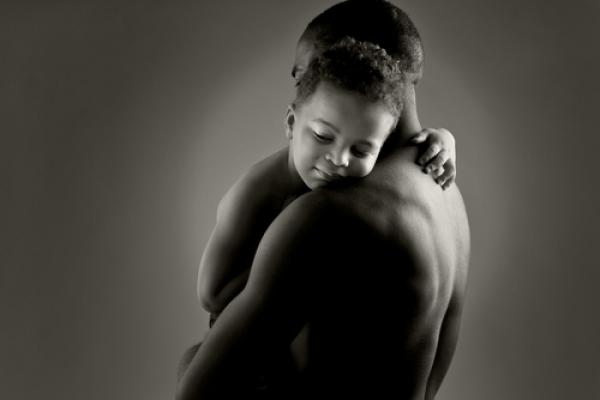The metro is crowded today, and the 20-something, well-dressed white man has to stand, one hand holding the bar and the other his smartphone. It’s the end of the day. All the commuters — but one — are turned toward home. The young man’s face, like most of the others, is dulled with exhaustion. No one makes eye contact.
In a seat near the door, one woman sits facing everyone, looking backward. She studies the young man’s face intently, uncomfortably. He shifts. She rearranges the bags at her feet. Her reflection in the window shows an ashy neck above her oversized T-shirt collar. The train hums and clicks through a tunnel. As if in preparation, she takes another sip from the beat-up plastic cup she’s holding.
At last, she raises her voice and asks: “Why are white people so mean?” Boom! The electricity of America’s third rail crackles through the train. Faces fold in like origami or turn blank like a screensaver.
President Barack Obama pushed back immigration reform on Tuesday indicating the bill will likely be passed in the fall. Expressing his opinion to Telemundo’s Denver affiliate, Obama supports the notion that all illegal immigrants be granted citizenship following an agreement upon GOP leaders. The Washington Post reports:
The president said that denying undocumented immigrants the chance to become citizens would leave them “permanently resigned to a lower status. That’s not who we are as Americans.”
Read more here.
My father is white, and has lived a different story. My son was the same age as Trayvon Martin when Martin was killed in Florida in 2012. My white teenage son lives a different story. But when I got on a flight early on Sunday morning following the verdict, I was seated next to an African-American woman with six children. The weight of the verdict was on her face, and she showed me a photo of her three sons, all wearing hoodies, for whom Martin’s death and the subsequent verdict hit very close to home. This is their story.
It is tragic to watch contemptuous right-wingers declaring war on America.
With little heed for consequences on either actual people or the national interest, they declare war on the poor, the hungry, Native Americans, the unemployed, gays and lesbians, immigrants, minority voters, women, military dependents, and public education.
The recent farm bill — which gives public subsidies to agribusiness and denies food stamps to the hungry — is just the latest sortie in a determined decades-long assault on American values.
More than 1,100 American Jewish athletes will be competing in the Maccabiah Games, known as the “Jewish Olympics” and held in Israel once every four years.
This year’s event, which begins July 18, brings together more than 9,000 athletes from 77 countries to compete in 38 sporting events. The American contingent is the largest visiting delegation.
The Maccabiah attracts well-known and lesser-known athletes. This year’s participants include swimmers Garrett Weber-Gale, who won gold medals in the 2008 Olympic Games in Beijing, and Mirjam de Koning-Peper, one of three medal winners in the London 2012 Paralympics.
The four-bedroom, two-story modest house sits on a corner in this planned bedroom community, and when this 6-6 muscular-toned man welcomes you inside his home, there is no evidence Darryl Strawberry the player ever existed.
There are no pictures of Strawberry in a Mets uniform. No trophies. No plaques. None of his four World Series rings. Nothing from his eight All-Star Games. None of his 335 home run balls.
“I got rid of it all. I was never attached to none of that stuff,” says Strawberry, 51. “I don’t want it. It’s not part of my life anymore.”
Howard Thurman says three things, in Jesus and the Disinherited: One — God is on the side of the oppressed and the poor. Know that God is on your side. Two — Dishonesty takes you out of the conversation. And if you live an honest life, if you have integrity, you can sit at the table. In areas of race, people look for holes in your character as excuses for you not to be at the table. Three — Hate is useless. Don’t let hate sink into your soul, because hate will destroy you. And respond with love even if it’s hard. So I try to teach my boys that, and raise them that way.





